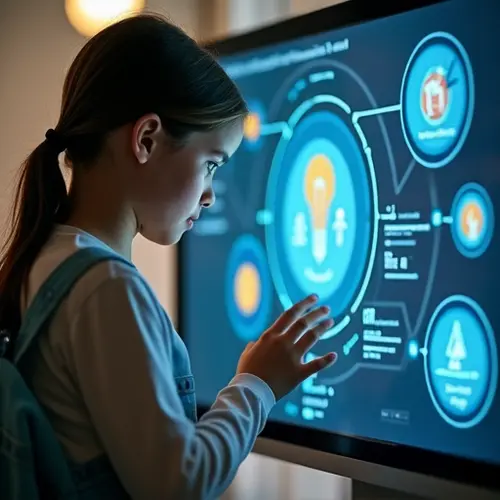
The Rise of AI-Powered Education
Universities worldwide are embracing adaptive learning platforms that use artificial intelligence to create personalized curricula. These systems analyze individual student performance in real-time, adjusting course materials to match each learner's pace and comprehension level. Unlike traditional one-size-fits-all approaches, AI-driven education tailors content to address knowledge gaps while accelerating progression in strong areas.
How Adaptive Learning Works
At the core of these platforms are four interconnected models:
- Expert Model: Contains subject knowledge and teaching materials
- Student Model: Tracks individual progress and learning patterns
- Instructional Model: Dynamically adjusts content delivery
- Environment Model: Provides the user interface and learning ecosystem
Research shows 86% of studies report improved learning outcomes with these systems. Universities like Stanford and MIT report 30% higher course completion rates since implementing adaptive platforms.
Leading Platforms in 2025
Several platforms dominate the higher education landscape:
SC Training (formerly EdApp)
Features AI-generated courses, gamification, and mobile-first design. Its Create with AI tool builds customized lessons in minutes. Learn more
Knewton Alta
Uses powerful data analytics to identify effective teaching materials. Partnered with 23 major educational institutions.
CogBooks
Cloud-based platform offering textbook-like adaptability across devices.
Realizeit
Creates individualized learning paths with continuous skill assessment.
Benefits and Challenges
Proven advantages include:
- 45% faster knowledge retention
- Personalized pacing reduces student stress
- Real-time feedback replaces traditional exams
However, challenges remain:
- Integration costs for institutions
- Faculty training requirements
- Data privacy concerns
As Oxford University's EdTech Director notes: "We're not replacing professors - we're empowering them with tools to reach every student individually."
The Future of Education
Adaptive learning is expanding beyond coursework into degree planning. AI "academic advisors" now suggest:
- Customized major/minor combinations
- Internship opportunities matching skill profiles
- Research pathways based on demonstrated aptitudes
With global edtech investments exceeding $30B in 2025, personalized education through AI is becoming the new standard in higher learning worldwide.

 Nederlands
Nederlands
 English
English
 French
French
 Deutsch
Deutsch
 Espaniol
Espaniol
 Portugese
Portugese








